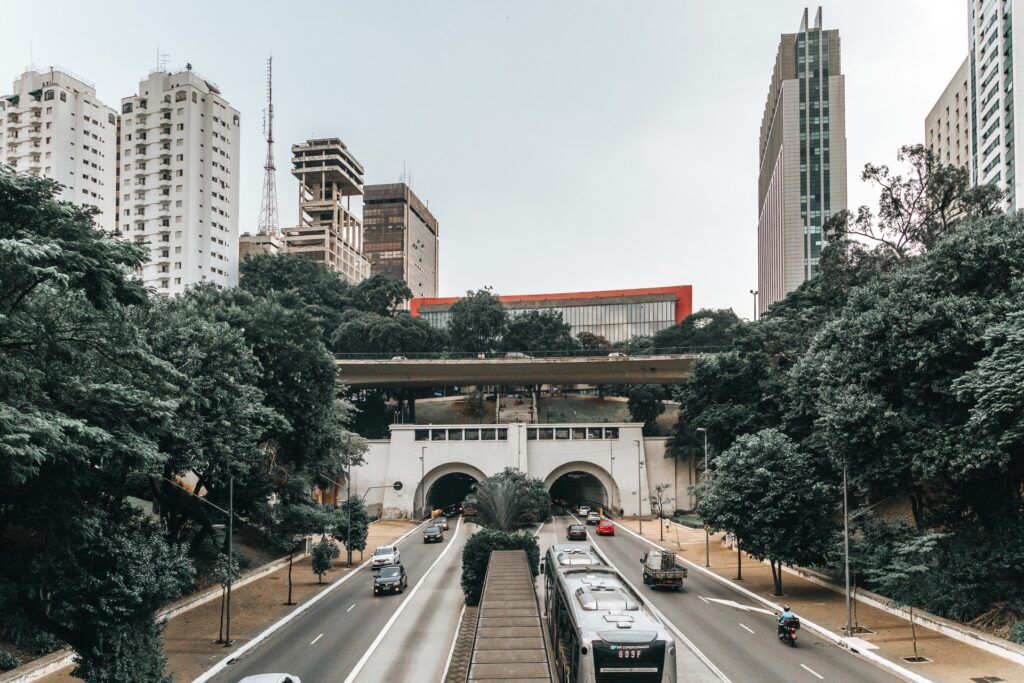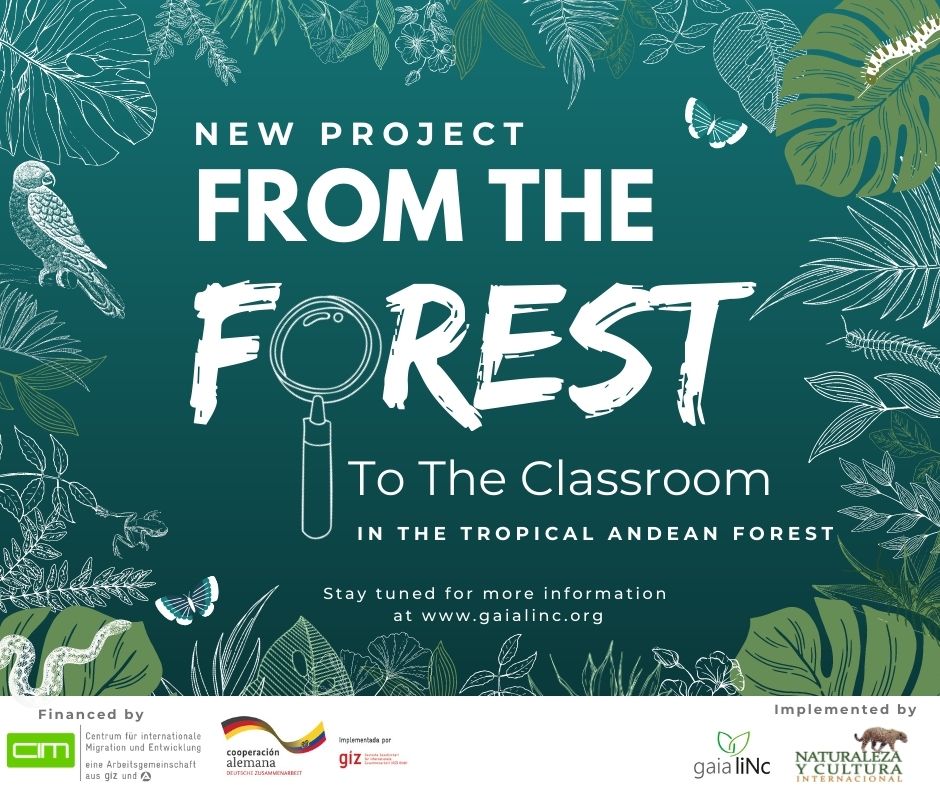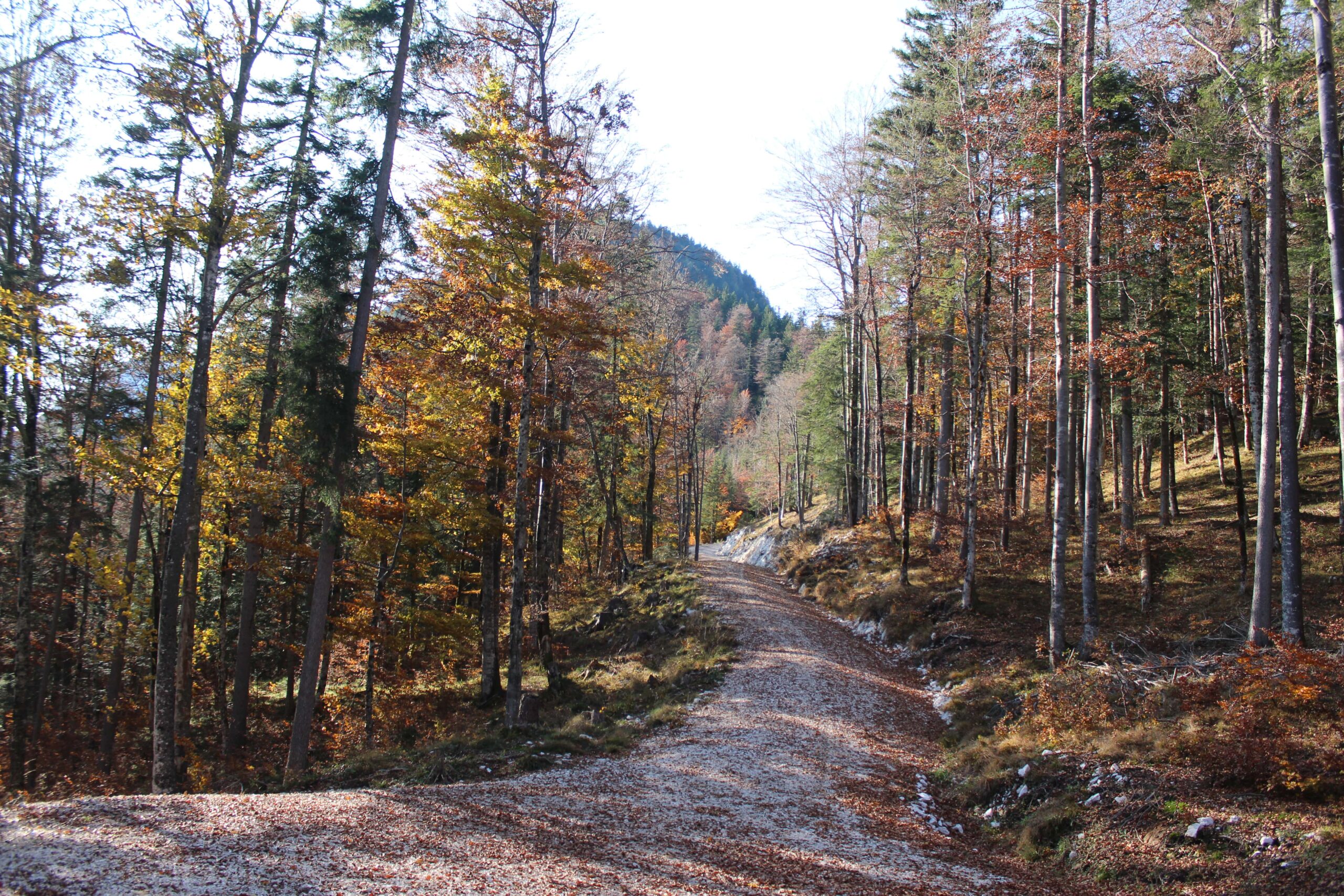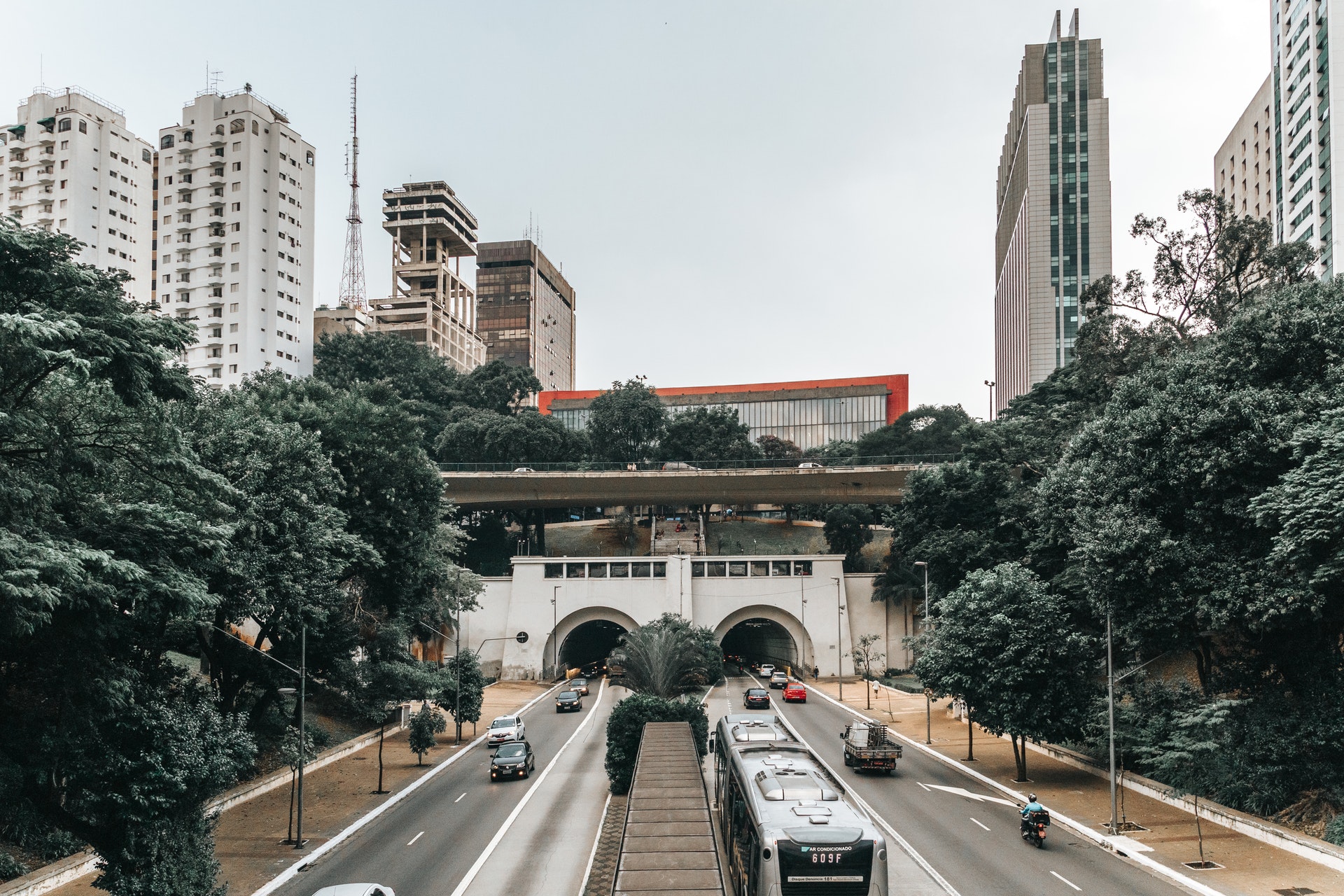News & Blog
Category
Nature-based Solutions
USING NATURE BASED SOLUTIONS DIFFERENTLY IN LATIN AMERICA
By Diego Alonso Portugal De Pino, President of gaia-liNc
October 11th, 2020

This year has seen an exponential uprising in the literature of Nature-based Solutions (NbS) mainly due to the international attention gained after the UN Climate Action Summit in September 2019 in New York, and the last COP 25 in December 2019 in Madrid. NbS provide holistic benefits to nature and people by solving societies current problems (Cohen-Shacham et al., 2019). As NbS is a foreign concept in Latin America; the Caribbean (LAC), its implementation presents a number of limitations and challenges, which are also the result of different perceptions from the local stakeholders. Given the fact that there is not much information available on this matter in LAC (Dobbs et al., 2018), a study was undertaken to explore the perspectives of the local authorities in relation to NbS, with particular attention to determining the limitations, requirements, and potential side-effects of implementing NbS in LAC. The findings share certain similarities with existing literature but also provide new insights, highlighting differences to NbS applications in Europe. The study also identifies venues for future research. For example, the need to better understand the potential of NbS to increase social cohesion in less affluent regions, or the relationships between NbS with gentrification and forced displacement. This research may contribute to a better understanding of NbS in LAC and show that one has to be precautious when implementing the concept in other regions.
Some of the highlights of this research included:
– Weak governance as an obstacle to implement NbS.
IUCN calls NbS to be integrated with other initiatives, to be part of public policies and have a landscape/ regional approach. Conversely, the social context in the region presents several obstacles that may affect the impact of the interventions. Corruption, lack of coordination, bureaucratic inertia, too many responsible authorities are some of the problems stakeholders will encounter when a project is implemented. To expand further in the idea of too many responsible authorities, the multi levels of governance (district, city, regional, and national) pose threats to both the implementation and the sustainability of the interventions.
– Lack of public policies that can avail NbS interventions.
In a region where policies do not recognize the benefits of green infrastructure, conventional engineer approach will outstand NbS. To list an example, in the slopes of Lima, due to policies, the implementation of retention walls was preferred over any green infrastructure.
– Public indifference and the importance to work on innovative communication skills.
It is believed that the general public still does not perceive the importance and benefits of NbS. To quote one stakeholder, the public generally demands public works which are associated with bridges, retention walls, etc. Reforestation projects are not yet considered public works, and this is an area that environmental communicators should work heavily on.
– Support both bottom-up and top-down approaches.
By this, bottom-up approaches are those that have started from the civil society such as actions on the grounds (field projects), and by top-down it is referred as enabling condition approaches such as public policies which are implemented by local authorities.
To read the full study, please click on the following link:
https://link.springer.com/referenceworkentry/10.1007/978-3-030-32811-5_120-1
In case you have any questions, feel free to write to me.
dportugal@gaialinc.org





